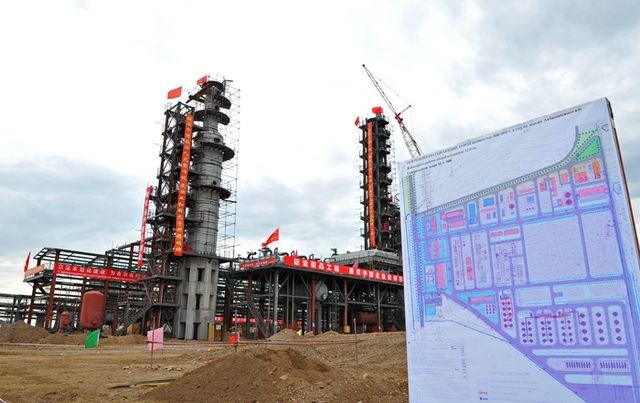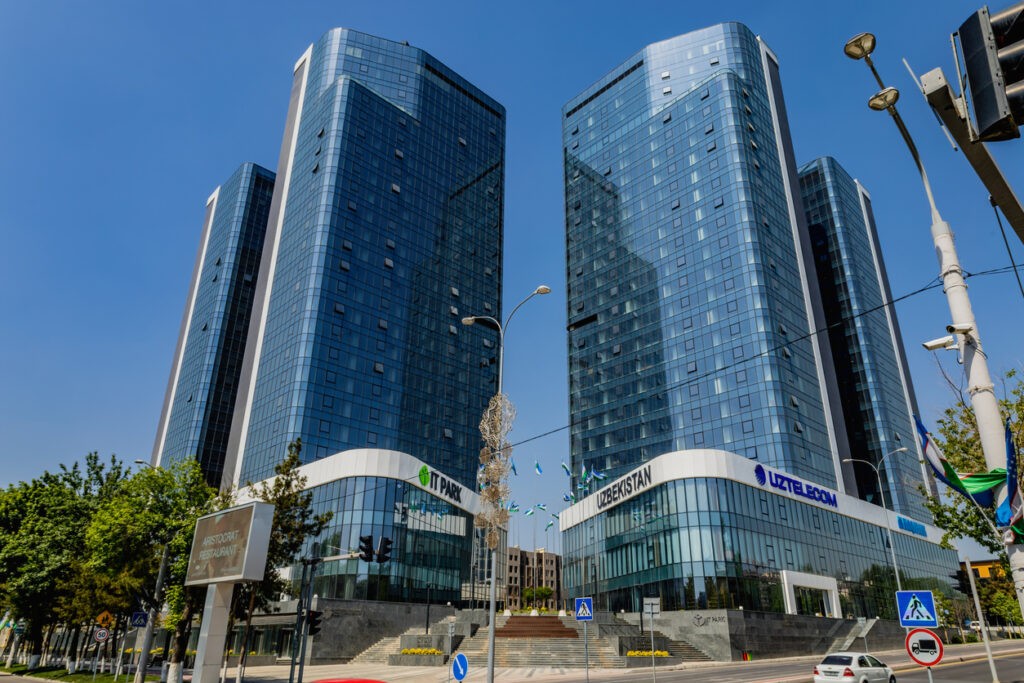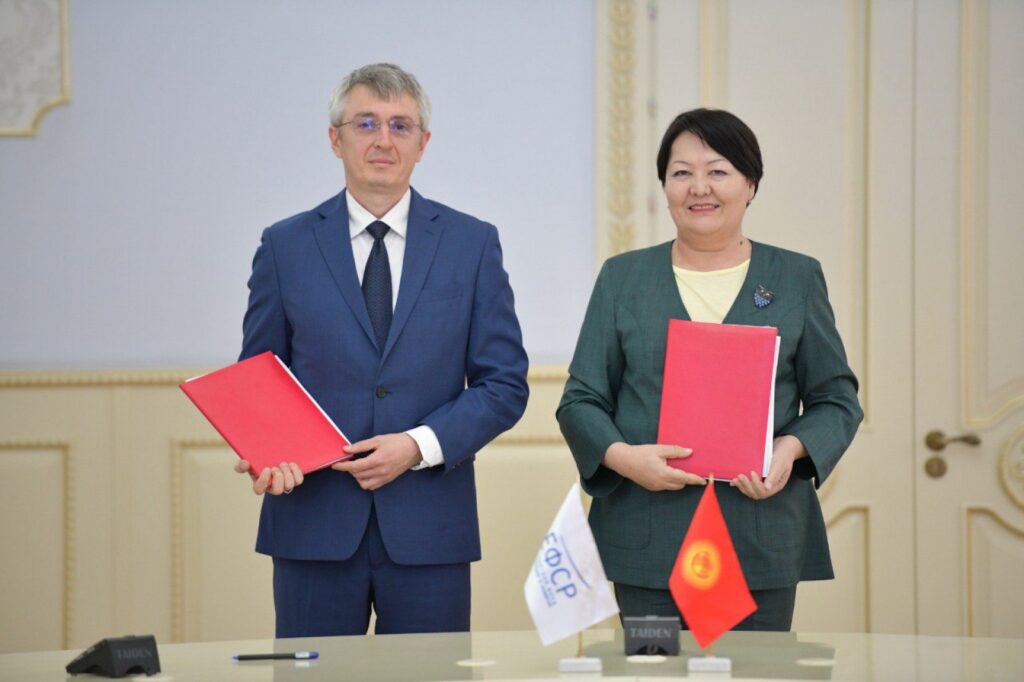BISHKEK (TCA) — The Kyrgyz Government has reported on measures taken to ensure economic growth and job creation. In 2016, Kyrgyzstan expects a GDP growth of 5.2%. However, many companies continue to experience difficulties, and some of them face a threat of production stoppage.
Junda refinery
According to the Ministry of Economy, the Junda oil refinery has resumed operation in Kara-Balta city in the northern Chui province. The refinery owned by China Petrol Company Junda LLC was launched in January 2014 and began producing products in August 2014.
The refinery’s work was suspended in January 2016 due to a criminal case initiated by the State Service for Combating Economic Crimes (SSCEC) on tax evasion charges. In January, the SSCEC sealed the refinery’s control room and office equipment.
There was no production this year as the refinery has only started operating a few days ago. It was expected that in January and February 2016 the refinery would process 30 thousand tons of crude oil. Last year, Junda processed 180 thousand of crude oil.
MPs criticized the SSCEC for suspending the refinery because the company and the state suffered losses. The state budget did not get tax payments and the refinery’s employees their salaries.
In 2013 and 2014 the company paid about 1 billion soms in taxes and 50 million soms in contributions to the Social Fund. In 2015, the company paid 900 million soms of taxes and about 80 million soms to the Social Fund.
In 2015, the refinery produced products worth 3.7 billion soms. Of these, 75 percent were sold in the domestic market and the rest was exported to Tajikistan and Afghanistan.
The refinery employs about 700 people, and 70 percent of them are citizens of Kyrgyzstan. Last year, 85 Kyrgyz specialists were trained at the China Petrochemical University at the expense of the company.
The refinery produces gasoline of six grades, diesel fuel and liquefied gas. It can process 850 thousand tons of crude oil and produce 650 thousand cubic meters of finished petroleum products a year.
The refinery’s capacity allows processing of 50 thousand tons of crude oil per month, but the final product is less when it processes fuel oil. Russian and Chinese companies supply fuel oil to the refinery and crude oil is delivered from the south of Kyrgyzstan.
The refinery has not reached its full capacity as reconstruction is carried out there. In 2015, the Chinese investors improved environmental protection by building smell catching installations. Due to the lack of crude oil, the company used fuel oil as the raw material, and bad smell came during its processing. Local residents have repeatedly complained about the bad smell emanating since the launch of the enterprise.
Interglass
Gazprom Kyrgyzstan LLC has initiated bankruptcy of the Interglass glass factory in order to recover the factory’s accumulated debt for consumed natural gas worth 1.155 billion soms. When Gazprom Kyrgyzstan attempted to recover this amount, it was revealed that the factory had no money in the accounts of local commercial banks, and Gazprom Kyrgyzstan applied to court to declare Interglass bankrupt.
According to Gazprom Kyrgyzstan, in 2015 the court issued a decision on recovery of Interglass’s debt for the consumed gas in the amount of 500 million soms. Each day, the plant consumed gas worth an average of 1.2 million soms and only paid 2-3 million soms a month, sometimes twice as much.
The Interglass glass factory is located in the industrial zone of Tokmak city (some 100 km east of Bishkek) and there are 15 industrial buildings on its territory. The company owned by Steinert Industries GmbH provides jobs to 1.5 thousand people and has a positive impact on the social environment of the city. The enterprise’s shutdown may entail significant social and economic consequences.
The company supplies glass sheets to businesses that manufacture PVC windows and doors, stained glass, mirrors, and various kinds of decorative glass and glass for the automotive industry. Geography of supplies of float glass covers Central Asia, Kazakhstan, and Russia. The European Bank for Reconstruction and Development invested about 27.4 million euros in the enterprise, and additional 10 million euros were invested by the company.
The management of the company promised to pay the debt. “The company has received recommendations to develop together with Gazprom Kyrgyzstan a procedure for the debt repayment as soon as possible and take measures to prevent the growth of debt,” the Economy Ministry reported.
Interglass has applied to the Russian-Kyrgyz Development Fund for a loan to pay off the debt to Gazprom Kyrgyzstan. The Economy Ministry also asked the RKDF “to consider the possibility of promoting Interglass to stabilize its production and financial condition.”
On February 25, Gazprom Kyrgyzstan and Interglass agreed that Gazprom Kyrgyzstan will not stop the gas supply to the glassworks under the condition of full payment for the current supply. In spite of the difficult conditions faced by the factory, it plans to increase the export of glass.








